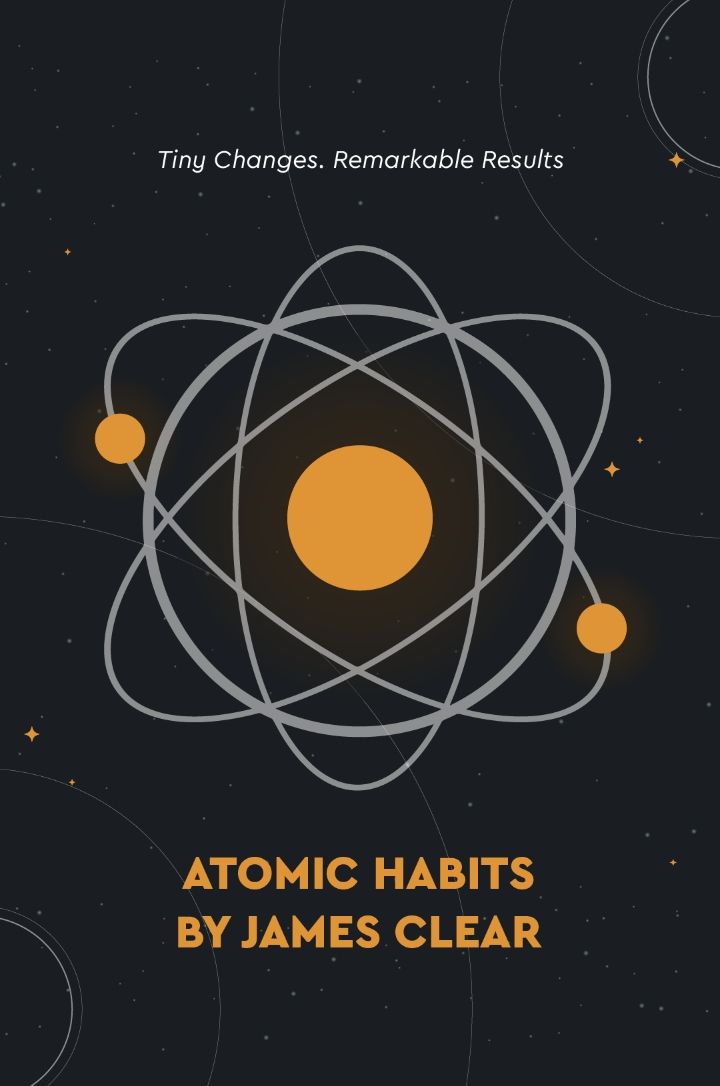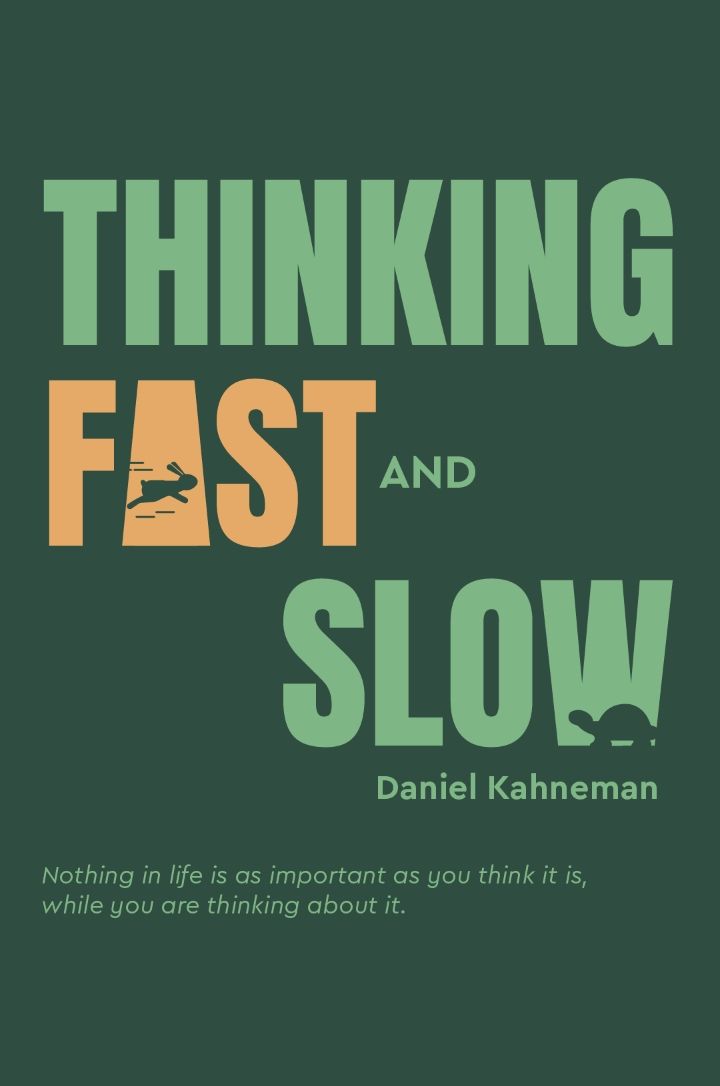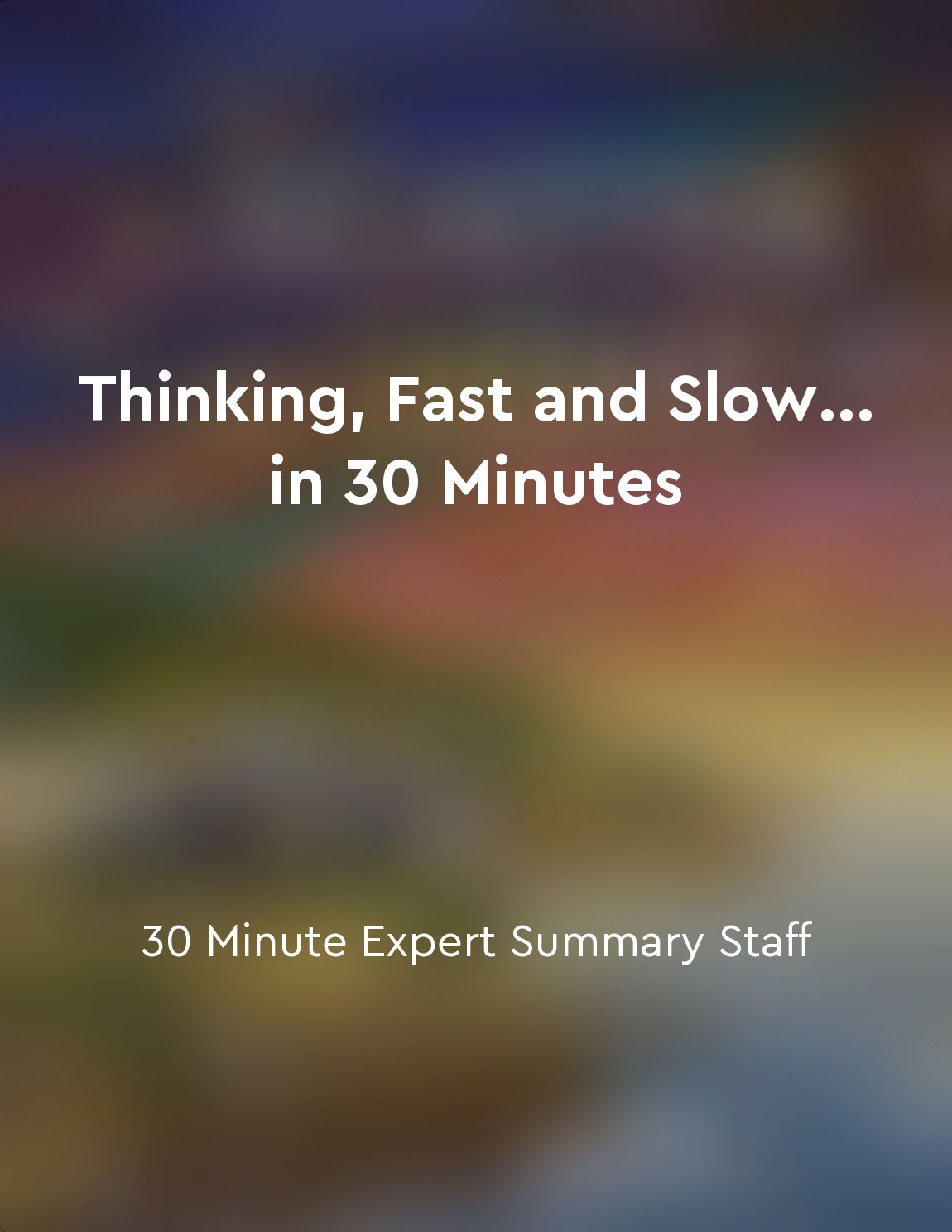Audio available in app
Systems thinking promotes a shift from linear to holistic thinking from "summary" of Thinking in Systems by Donella Meadows
Systems thinking challenges the prevailing mindset that isolates individual components and analyzes them separately. It encourages a broader perspective that considers the interconnectedness and interdependence of all elements within a system. This shift from linear to holistic thinking is essential for understanding complex systems where the behavior of the whole is more than the sum of its parts. Linear thinking tends to oversimplify reality by breaking it down into discrete parts and analyzing them in isolation. This reductionist approach may lead to unintended consequences as it fails to account for the dynamic interactions between components. In contrast, systems thinking recognizes the relationships between elements and how they influence each other over time. By adopting a holistic mindset, individuals can better grasp the complexity of systems and anticipate the ripple effects of their actions. Rather than focusing on isolated variables, they consider the system as a whole and how different feedback loops and delays shape its behavior. This broader perspective enables a more comprehensive understanding of the underlying structure and dynamics of a system. Systems thinking promotes a shift in focus from specific events or outcomes to the underlying patterns and structures that drive them. It encourages individuals to look beyond immediate causes and effects and identify the root causes of systemic issues. By recognizing the interconnected nature of systems, people can develop more effective strategies for addressing complex problems and creating sustainable solutions. This holistic approach requires a willingness to embrace uncertainty and ambiguity, as systems are inherently unpredictable and subject to change. It challenges individuals to think in terms of relationships and patterns rather than linear cause-and-effect chains. By cultivating a systems mindset, people can navigate the interconnected world more effectively and make more informed decisions that consider the broader implications of their actions.Similar Posts

Habits are the bridge between who you are and who you want to be
Habits are the compound interest of self-improvement. They are the small decisions that we make each day that ultimately shape ...

Overconfidence is a common mistake in forecasting
The tendency to be overconfident in our ability to predict future events is a common mistake that we make when making forecasts...

Mental accounting shapes financial decisions
Mental accounting refers to the way people tend to categorize and compartmentalize their money in their minds. This can have a ...
System traps can lead to undesired outcomes
Systems traps are inherent in complex systems, which are composed of multiple interconnected elements that interact with each o...
Build a strong network
To succeed in business, it is crucial to establish connections with other people. A strong network of relationships can provide...
Cultivate curiosity and openmindedness
To think well, one must cultivate the quality of curiosity and open-mindedness. Curiosity is the desire to learn, to know, to u...
Learning from nature aids in problemsolving
In the intricate dance of survival, nature has been fine-tuning its strategies for millions of years. Each organism, from the t...

The power of priming affects our behavior unconsciously
The idea that priming has a strong influence on our behavior without our awareness is a fascinating concept. This means that su...
